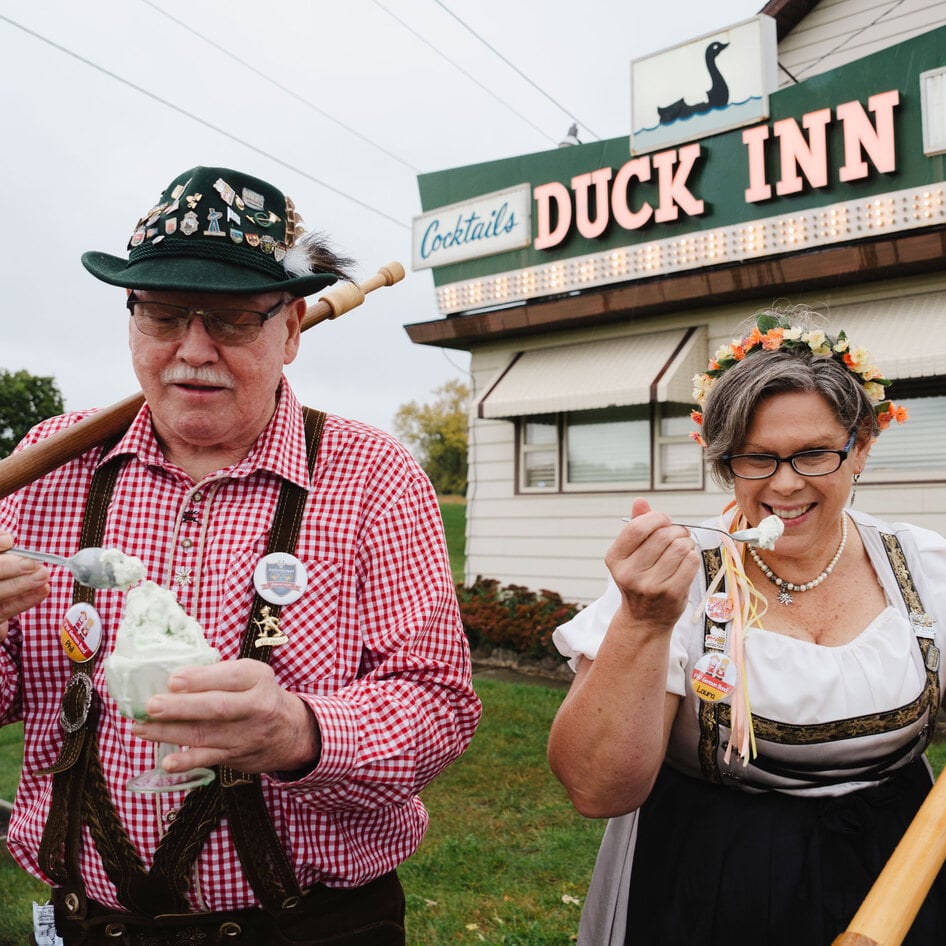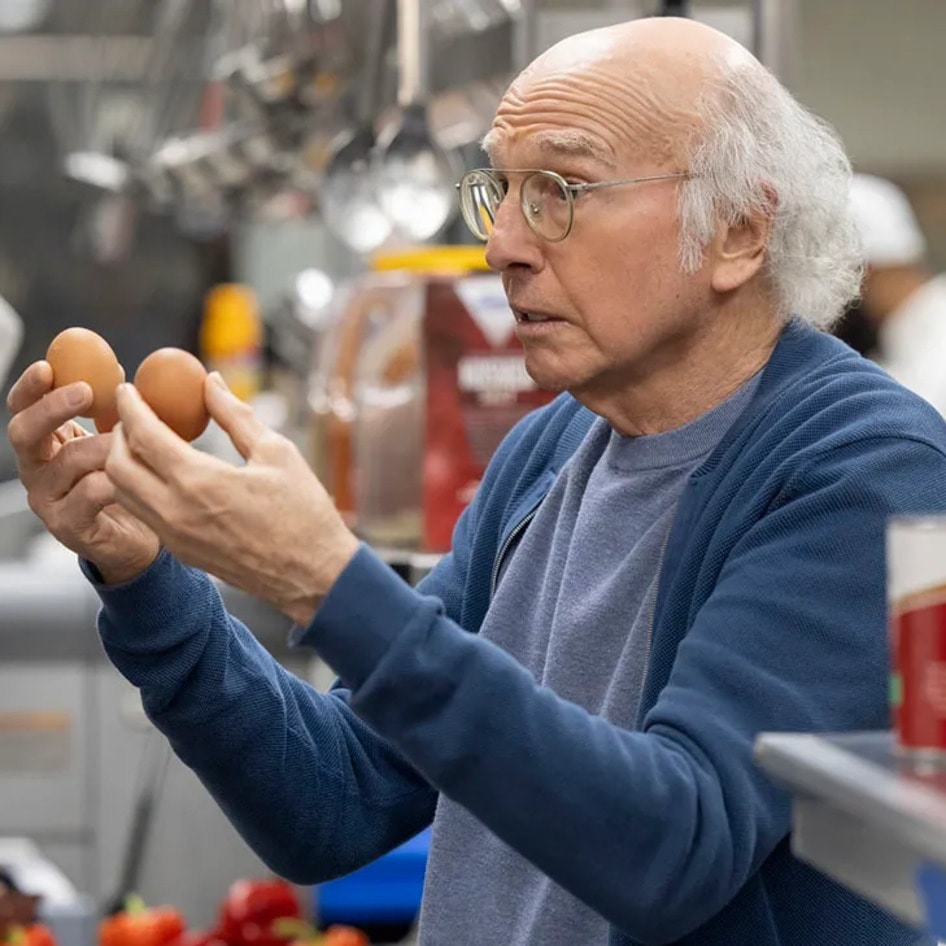Supper Club Scene
The underground dining movement offers veg cuisine at basement prices—if you know where to look.
May 30, 2010
Those who frequent supper clubs for clandestine dining pay a relative fraction of what they would at one of those average, humdrum, above-ground fine-dining establishments. Generally, such supper clubs gather at a confidential location, often at warehouses, lofts, or galleries, and share haute cuisine prepared by an up-and-coming chef. Dinners often include entertainment to enhance the experience, such as live music, aerialists, and dancers. Sound like a savvy, secret you want in on? VN investigates the ins and outs of underground dining.
Why are they underground?
Underground supper clubs usually function below-the-radar to some extent because the food is prepared in unlicensed kitchens, therefore the chefs could potentially attract the attention of health inspectors and risk expensive citations. The first underground supper clubs in the US sprouted up in the San Francisco area and spread to cities across the country. Jenn Garbee, author of Secret Suppers, guesses that in 2008 there were at least 100 operating surreptitiously in Los Angeles, New York, Chicago, Atlanta, and other metropolitan areas. Are these chefs truly worried about the odd health-department boogieman who could be lurking around the corner as they prepare their culinary masterpieces, ready to jump out at any moment with citations in hand? Most who I talked to weren’t, and one even admitted that the idea gave her a little thrill. As people figure out new and innovative ways to thrive in this economy, maybe the modern, DIY spin on the staid supper-club model is a radical statement of autonomy. Or maybe it’s just a great way to create and serve uncommon cuisine in a unique setting. Regardless, it appears that they are here to stay. Put your ear to the ground and you may just hear the clanking dishes of a supper club near you.
What is the appeal?
So, what is the appeal of participating in supper clubs, beyond the feeling that a secret handshake and discreet door knock will gain you entry to a sort of culinary speakeasy? According to my anonymous source at the now-defunct underground vegan Brassica Supperclub based in San Francisco, it’s multifold. “We think that the appeal to the average patron is to feel part of something that has limited availability. But more than that, it is an extremely comfortable, personal, dining experience with a wonderful sense of community.” While Brassica was unfortunately forced to close down its regular event, caught by that elusive boogieman, the chefs are still available for special occasions and catering.
My contact at Vancouver’s Secret Supper was heartened to be attracting patrons who are not dedicated herbivores. “Half the people who sign up aren’t vegan actually, and I really like that because I have been able to change some people’s views on food, especially the stigma around veganism.” The other supper club sources also spoke of word-of-mouth as attracting attention to their supper clubs, as well as the power of a well-placed, positive online review.
Who is behind supper clubs?
For the chefs of these vegetarian subterranean supper clubs, it is also a chance to do a different sort of advocacy, one in which diners are not preached at but won over by the quality of food. According to my contact at the Sunday Supper, who limits her capacity to 14 diners and is based in Fauquier County, Va., it is an opportunity to defy expectations and appeal to people through their taste buds. “Many folks, some vegans included, think this food is going to be Spartan, like ground oat-groats with a slab of raw tofu. My challenge is to make a truly gourmet meal without animal products.” The chef at the Sunday Supper makes a quiet but potent statement in favor of vegan cuisine at her three-times-a-month dinner service, serving such luxurious fare as fettucini alfredo with brussels sprouts, cilantro, and basil, as well as assorted chocolate-dipped truffles with organic ginger-maple syrup.
JUMP TO ... Latest News | Recipes | Guides | Health | Shop







